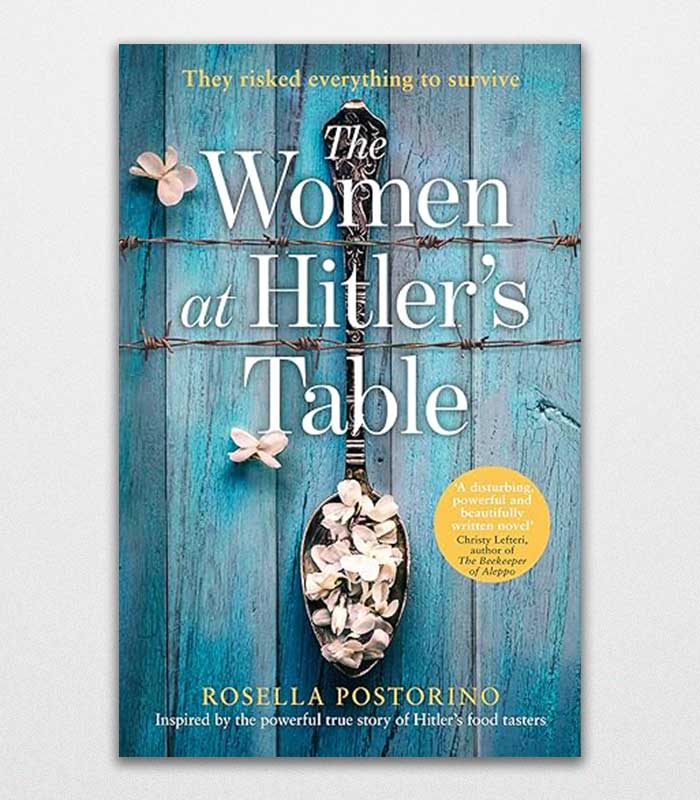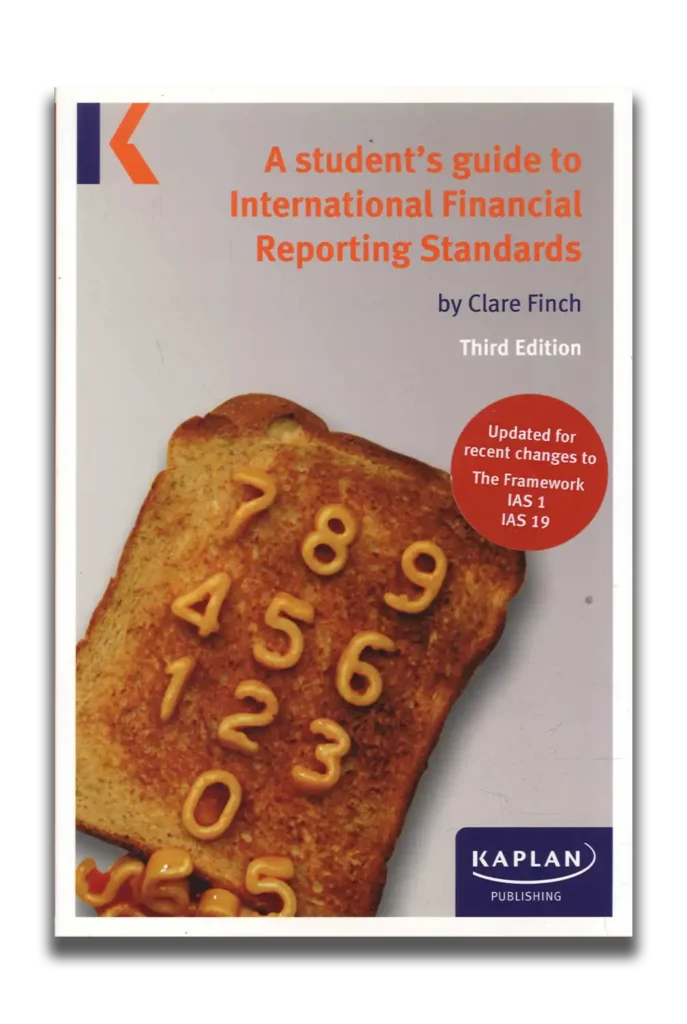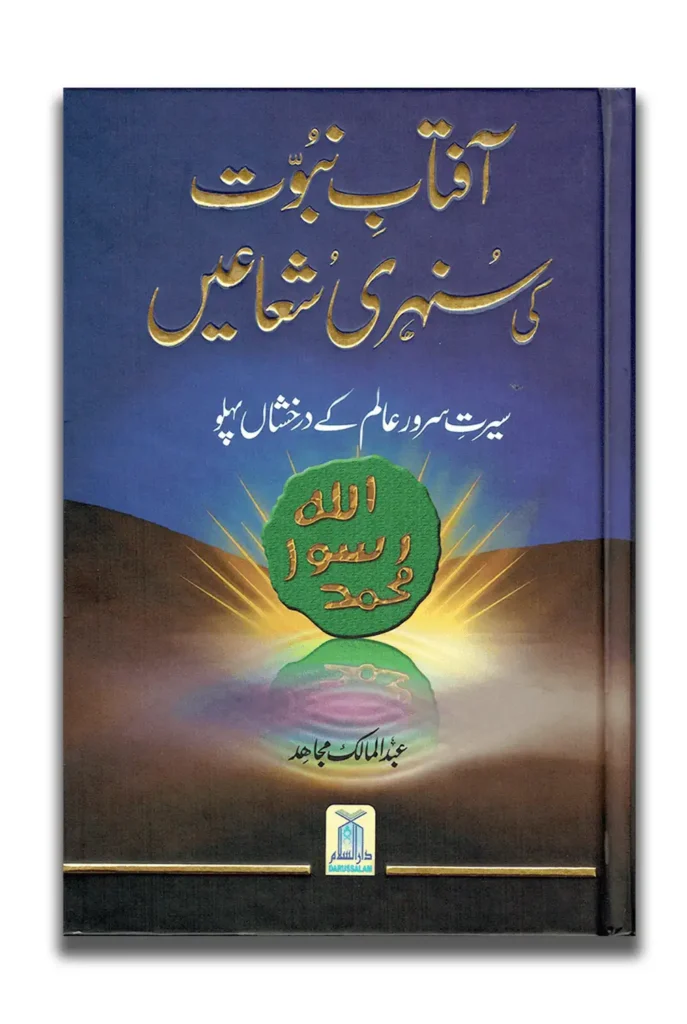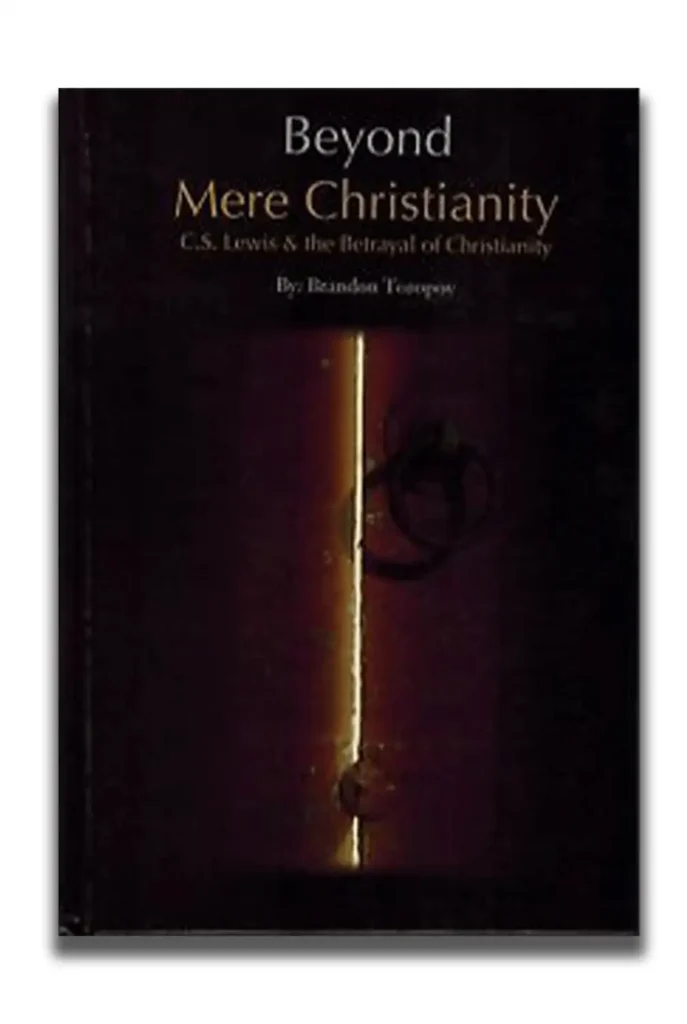The Women at Hitlers Table
Fast delivery within 72 Hours
The Women at Hitlers Table
Out of stock
Reading age
AED 50.00 Original price was: AED 50.00.AED 35.00Current price is: AED 35.00.
All prices include VAT.
Out of stock
-
Next Day Delivery
Order before 1 PM for next-day delivery within city limits!
-
Remote Areas Delivery
Delivery to far areas may take 4-6 days.
- Secure Payments
- Free U.A.E shipping On all orders above AED 150
- 7-Days Returns Policy
The Women at Hitlers Table by Rosella Postorino
Plot Summary
The Women at Hitler’s Table is a historical novel by Rosella Postorino, inspired by the true story of Margot Wölk, a young German secretary who was recruited by the SS to taste Adolf Hitler’s food in 1943. The novel follows the story of Rosa, a 26-year-old woman who is forced to work as one of Hitler’s food tasters, along with nine other women, to ensure that his meals are not poisoned.
Historical Context
The novel is set in East Prussia, 1943, during the final years of World War II. Hitler has retreated to his hidden headquarters, the Wolfsschanze, and is increasingly paranoid about being poisoned. The story takes place against the backdrop of the war’s turning point, as the Allies close in on Germany and the Nazi regime begins to crumble.
Characters
- Rosa: The protagonist of the novel, a 26-year-old woman from Berlin who is forced to work as one of Hitler’s food tasters.
- Margot Wölk: The real-life inspiration for the novel, a young German secretary who was recruited by the SS to taste Hitler’s food.
- Hitler: The German dictator, who is increasingly paranoid and isolated as the war turns against him.
Themes
- The novel explores the themes of survival, morality, and the human cost of war.
- It highlights the moral dilemma faced by Rosa and the other food tasters, who are forced to choose between their own survival and their complicity in Hitler’s regime.
- The novel also explores the psychological effects of war on individuals, particularly women, who are often overlooked in historical accounts of the conflict.
Style and Reception
The novel has been praised for its vivid and immersive portrayal of life in wartime Germany, as well as its nuanced and empathetic portrayal of its characters. The writing is described as “beautiful and haunting” and the story is “unputdownable”. The novel has been translated into multiple languages and has become an international bestseller.
Awards and Recognition
The novel has won several awards and nominations, including the Campiello Prize and the Premio letterario Internazionale.
Conclusion
The Women at Hitler’s Table is a powerful and thought-provoking novel that sheds light on a little-known aspect of World War II history. The novel’s exploration of the moral dilemmas faced by Rosa and the other food tasters adds a new layer of complexity to our understanding of the war and its impact on individuals.
Product details
| Weight | 0.5 kg |
|---|---|
| Dimensions | 12.9 × 2.7 × 19.8 cm |
| Author : | |
| Format : | |
| ISBN-13 : |
9780008388331 |
| Language : |
English |
| Number Of Pages : |
352 Pages |
| Publisher : |










